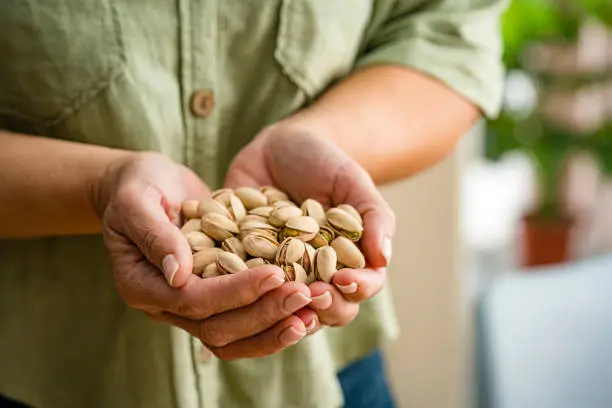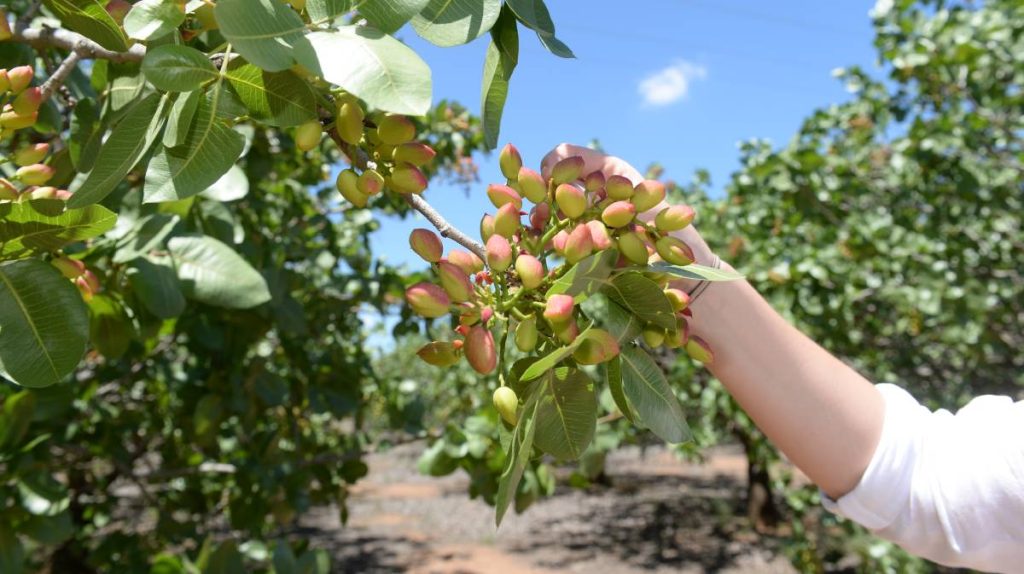
1. Introduction: Operational Inefficiencies and Economic Loss
The traditional pistachio supply chain suffers from high operational friction, including lengthy payment delays, inefficient inventory management, and high levels of product loss or spoilage due to information gaps. These inefficiencies directly translate into increased operational costs and reduced profit margins for producers. This article explores how DLT technology can move Beyond Traceability to achieve holistic Pistachio Supply Chain Optimization with Blockchain.
2. The Blockchain Mechanism for Operational Efficiency
Blockchain creates a shared, synchronized ledger accessible to all authorized participants (farmers, processors, logistics companies, and buyers). This shared truth eliminates the need for manual document reconciliation, which is a major source of delay and cost in global trade. The resulting near-instantaneous synchronization of transaction data accelerates settlements and significantly improves Pistachio Logistics Efficiency. Scientific models confirm that digitizing and automating these transaction flows can lead to substantial overhead cost reduction.

3. Smart Inventory Management and Waste Reduction
Perishable goods like pistachios require precise environmental control. By integrating real-time sensor data from storage facilities onto the blockchain, stakeholders gain continuous, auditable proof of storage conditions. This enables proactive Blockchain Inventory Management. The system can automatically flag batches at risk of spoilage, prioritizing them for sale or reprocessing. This leads directly to Reducing Pistachio Waste, a critical metric for economic and environmental sustainability.
4. Driving Sustainability and Ethical Sourcing
Global consumers and regulators increasingly demand proof of sustainable and ethical sourcing. Blockchain provides the tool to immutably track sustainability metrics: water usage per yield, verifiable use of organic inputs, and adherence to fair labor standards (Social Responsibility). Producers utilizing blockchain to provide this verifiable proof of Sustainability in Pistachio Production gain a significant competitive edge and access to premium markets willing to pay a higher price for ethically sourced goods.
5. Architectural Considerations: Permissioned vs. Public Blockchains
For the complex and often proprietary relationships in the pistachio trade, a Permissioned Blockchain (like Hyperledger Fabric or private Ethereum) is often the optimal architecture. This approach allows members to maintain data privacy while granting necessary access to authorized regulators or business partners. This section will discuss the cost-benefit analysis of private chains in promoting enterprise adoption and security over public alternatives.
6. Disintermediation and Financial Velocity
Blockchain facilitates true peer-to-peer trade by enabling Disintermediation in Agri-food Trade. By executing sales and payments via smart contracts, producers can connect directly with large foreign retailers, cutting out layers of brokers and intermediaries. This process not only increases the producer’s margin but also enhances financial velocity—the speed at which money moves through the supply chain—freeing up working capital for all participants.
7. Conclusion: A Foundation for Resilient and Profitable Trade
The implementation of blockchain technology transforms the pistachio industry from a slow, paper-heavy operation into a high-speed, data-driven ecosystem. Pistachio Supply Chain Optimization with Blockchain is the key to building resilient supply chains that can withstand disruptions, ensuring profitability, and meeting the growing global demand for transparently and sustainably produced agricultural products.
To order or get advice on pistachio and dried fruit varieties, contact our team via our official WhatsApp. Our support team is ready to answer your questions and can help you choose the right pistachio and dried fruit. WhatsApp number 009890214773705

